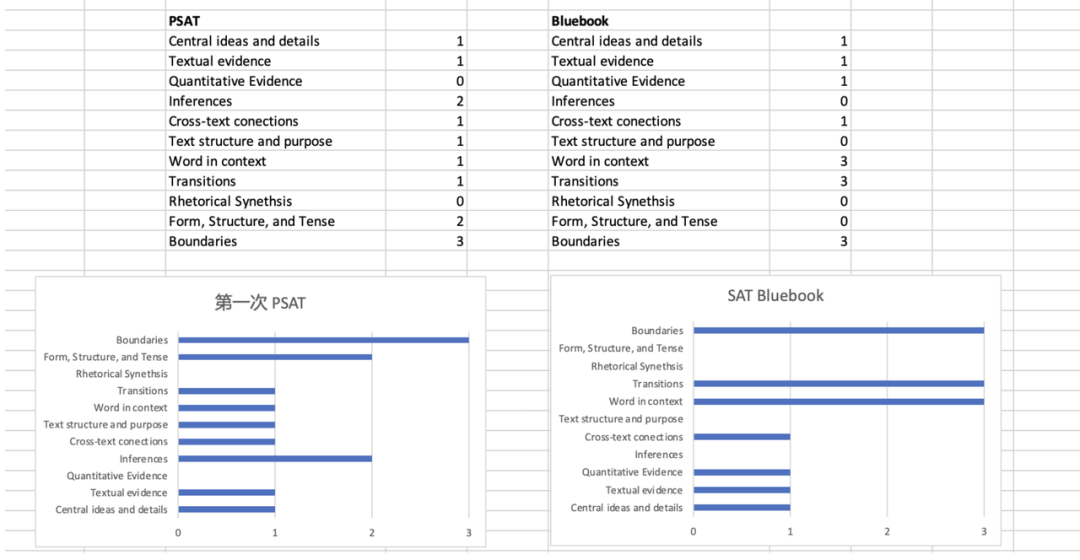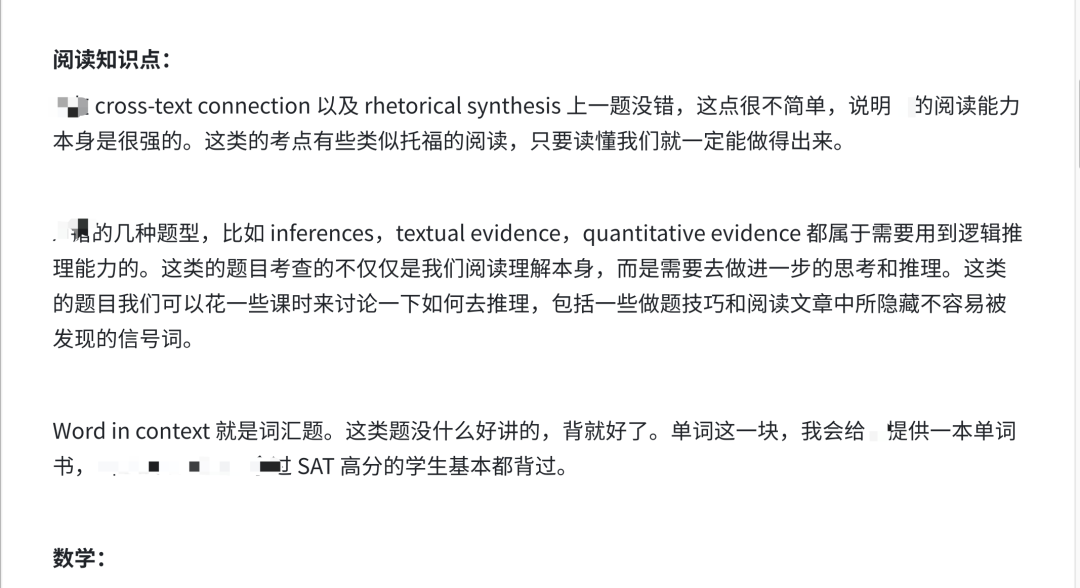今天學生問了我們(men) 一道機考 SAT 閱讀題,一道詩歌閱讀中的主旨題。
以下我們(men) 提供這首詩的原版和 Plain English 版本。
原版:The following text is Baron George Gordon Byron's poem "Answer to -'s Professions of Affection," written around 1814. The poem is addressed to an unknown person.
In hearts like thine ne'er may l hold a place
Till I renounce all sense, all shame, all grace
That seat, -like seats, the bane of Freedom's realm,
But dear to those presiding at the helm-
Is basely purchased, not with gold alone,
Add Conscience, too, this bargain is your own-
'T is thine to offer with corrupting art
The rotten borough of the human heart.
Plain English 版:I could never have a place in hearts like yours, unless I abandon all reason, all dignity, all virtue.
That position – like others that are the downfall of a free society, but cherished by those in power – is bought disgracefully, not just with money, but also with the corruption of one's conscience.
This deal is yours.
You have the power to offer, with your deceitful methods, the corrupted part of the human heart.
題目問:What is the main idea of the text?
A. The speaker is expressing disappoval towards the unknown person
B. The speaker is unimportant to the unknown person
本題正確選項是 A ,迷惑選項是 B ,學生在 A 和 B 兩(liang) 個(ge) 選項間徘徊,最終錯選了 B 選項。
我們(men) 與(yu) 學生一起還原「錯選 B 的推理過程」,發現這個(ge) 過程中的一個(ge) 思維盲點是「弄錯了人物關(guan) 係」,另一個(ge) 思維盲點是「沒有準確區分“不認同”和“不重視”」,也就是 A 選項中的 disappoval 和 B 選項中的 unimportant 。
今天我們(men) 想重點聊聊第二個(ge) 思維盲點。
在 SAT 閱讀中,考生經常會(hui) 遇到很多相似的概念,在感情色彩上相似的概念,比如 disappoval 和 unimportant 就都表達了「負麵/消極」的感情色彩。
無法區分這些「感情色彩上相似」的概念,就很容易在閱讀題中丟(diu) 分。
以本詩為(wei) 例,你可以回想一下詩裏的這些表述:
basely purchased;Add Conscience;is your own-'T is thine;corrupting art.
在這首詩中,作者強烈地表達了對某人的不認同(disapproval),同時也劃清了他與(yu) 這個(ge) 人之間的界限。這個(ge) 人的行為(wei) 和作者的道德觀念是不同的,因此作者對這個(ge) 人表示了強烈的反感。
這裏,我們(men) 可以看出,作者並沒有說自己對這個(ge) 人不重要(unimportant)。相反,本詩的標題是,"Answer to -'s Professions of Affection," ,說明這個(ge) 人對作者表達了“愛意”,所以作者才 Answer 。
如果你是這個(ge) 人(這個(ge) unknown person),你對一個(ge) 人表達了“愛意”,你肯定是覺得這個(ge) 人對你是重要的。所以,B 選項(The speaker is unimportant to the unknown person)表達的是與(yu) 事實相反的內(nei) 容。
有趣的是,我覺得這個(ge) 人 (unknown person) 對作者來說,應該也是有一定重要性的。如果這個(ge) 人不重要,作者也沒必要花整首詩的篇幅來批評這個(ge) 人。作者感到這個(ge) 人的行為(wei) 是不對的,他感到憤怒,他花時間和精力來表達這個(ge) 人的不滿。這都說明了這個(ge) 人對他是重要的。
作者可能不喜歡這個(ge) 人,他可能強烈地反對這個(ge) 人,但這並不意味著這個(ge) 人對他是無關(guan) 緊要的。
最後,我們(men) 脫離本題的局限,站在 SAT 閱讀的高度,來學著區分「不認同」和「不重視」。
為(wei) 了便於(yu) 大家理解以下內(nei) 容,我們(men) 用兩(liang) 個(ge) 人來打比方,二刺螈刀哥和 John Locke 。
在我印象裏,二刺螈刀哥是個(ge) 一個(ge) 知名主播。但對我來說,他並不重要,我並不關(guan) 心他的直播內(nei) 容,也不去了解他的個(ge) 人生活。然而,這並不意味著我會(hui) 反對他或者對他有所批判。我對二刺螈刀哥的態度是不關(guan) 注,而不是反感。
相比之下,John Locke 對我來說就比較重要。我是帶 John Locke 寫(xie) 作競賽的教練,因此我願意花時間去了解 John Locke 的理念。然而,即使 John Locke 對我比較重要,我也並不一定讚同他的所有觀點。我可能會(hui) 讚同他的一些理念,同時反對他的其他理念。
根據以上我們(men) 的討論,我們(men) 可以明確地看到,「重要性」和「認同」是兩(liang) 個(ge) 完全不同的概念。
區分這倆(lia) 概念的能力,這種能識別 nuances 的能力,對於(yu) SAT 閱讀提分,至關(guan) 重要。
關(guan) 於(yu) SAT 備考計劃


(我們(men) 給學生做的能力評估及反饋)
我們(men) 提供模擬測試,詳細分析學生的錯題,幫學生找出薄弱項、有針對性地規劃並提升成績。歡迎添加老師參加測試。













評論已經被關(guan) 閉。